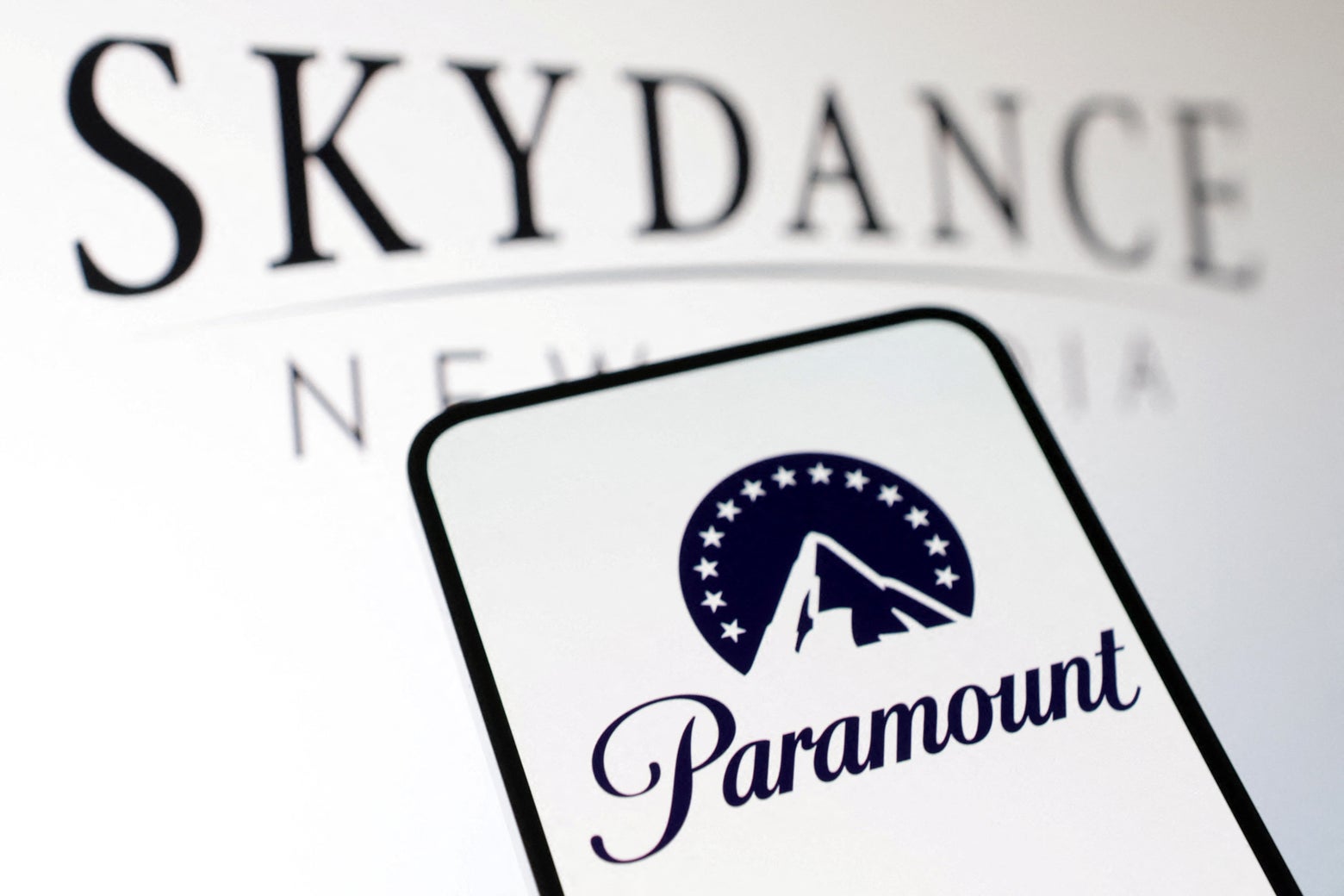In a move that has sent shockwaves through the entertainment industry, Paramount Global has agreed to settle a lawsuit brought by former President Donald Trump over a 60 Minutes interview with Vice President Kamala Harris. The settlement, which does not include an apology, was announced by Paramount’s co-CEO George Cheeks during a shareholder meeting on Wednesday. This decision has sparked significant backlash, with critics arguing it undermines press freedom and sets a dangerous precedent.
According to Cheeks, the decision to settle was driven by the desire to avoid the high costs and risks associated with prolonged legal battles. “Companies often settle litigation to avoid the high and somewhat unpredictable cost of legal defense, the risk of an adverse judgment that could result in significant financial as well as reputational damage, and the disruption to business operations,” he explained, as reported by the Hollywood Reporter.
Background of the Lawsuit
The lawsuit, filed by Trump just days before the 2024 U.S. Presidential Election, accused CBS-owned 60 Minutes of editing Harris’s responses to make her appear more favorable. Trump claimed this was an attempt to interfere with the election. CBS clarified that the edits were standard practice for timing and released full transcripts to support their position.
Despite winning reelection, Trump continued to pursue the case, with his administration hinting that Paramount’s future, including a potential merger with Skydance Media, depended on the outcome. Brendan Carr, a member of the Federal Communications Commission at the time, suggested the Harris interview would be considered in merger decisions.
Political and Corporate Reactions
The settlement has drawn criticism from various quarters, including lawmakers and media professionals. Democratic senators, led by Oregon’s Ron Wyden, urged Paramount to retract any settlement offer, emphasizing the importance of press freedom. Wyden warned of potential congressional hearings and legal consequences for Paramount executives.
Lisa Graves, president of the Center for Media and Democracy, expressed concerns about the implications of the settlement. “The settlement seems designed in part to curry favor with Trump, who has wielded the power of the White House to subject companies and industries to what seem like shakedowns to get his way,” she stated.
“It comes in the wake of several major law firms caving to Trump. It also comes as Verizon obeyed with Trump’s authoritarian squeeze on industries by preemptively dropping its commitments to diversity, equity, and inclusion in its workplace.”
Internal Turmoil at CBS and Paramount
The settlement has also caused significant unrest within CBS and 60 Minutes. Bill Owens, a long-time executive at CBS, resigned in protest, while CBS News president Wendy McMahon was forced out for opposing the settlement. 60 Minutes correspondent Scott Pelley publicly criticized Paramount’s decision, highlighting concerns over editorial independence.
Even outside CBS, Paramount’s decision has faced backlash. The creators of South Park, one of Paramount’s most successful properties, accused the company of interfering with their contract and labeled the merger a “shitshow.”
Future Implications and Legal Challenges
The settlement is unlikely to end the controversy surrounding Paramount. Legal experts and media advocates continue to voice concerns about the implications for press freedom and corporate governance. Paul Goodman, a legal counsel at the Center for Accessible Technology, criticized Paramount’s actions, suggesting they commodify First Amendment rights.
“For Paramount, it seems like they’re commodifying First Amendment rights—the First Amendment has a price on it, and that price is getting a merger,” Goodman commented.
Senator Elizabeth Warren has joined calls for a full investigation into potential legal violations, and the Freedom of the Press Foundation has threatened to sue Paramount. The settlement could also impact Paramount’s audience, with many liberals and press advocates boycotting the company’s services.
As Paramount navigates these challenges, the settlement with Trump is likely to define the legacies of its executives and stakeholders. The controversy underscores the complex interplay between media, politics, and corporate interests in an era of heightened scrutiny and accountability.



































































